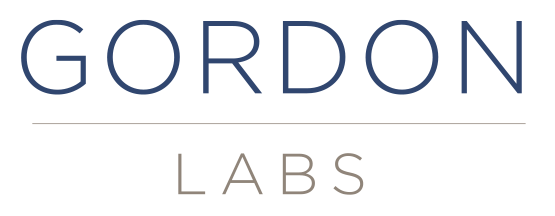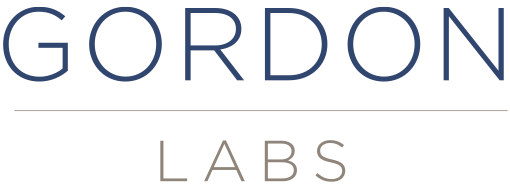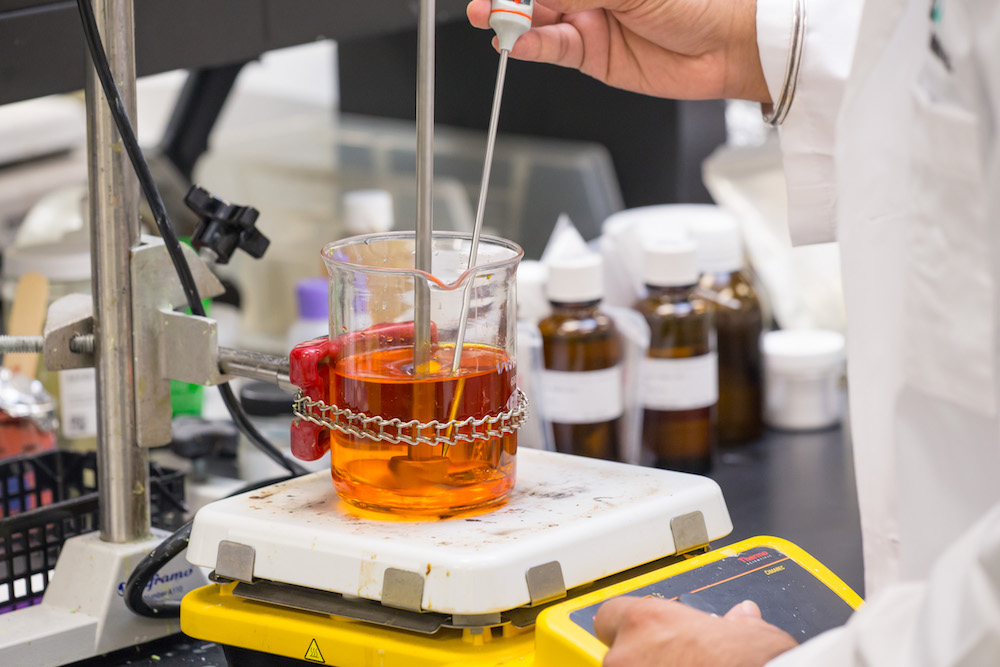Custom formulation is the creation of a product made exclusively for your company to your specifications. According to a recent study from Grand View Research, custom formulation is a small percentage of the more than $2 billion personal care custom manufacturing industry. Manufacturing makes up over 85% of the industry followed by packaging with 8.5%. Custom formulation makes up about 6%.
So, what exactly does custom formulation involve? When is custom formulation right for my brand?
If you want an exclusive formula for your product and don’t have in-house product development or chemists, it’s the right time to look at custom formulation. The key words there are exclusive and in-house. If you aren’t concerned with having an exclusive product formula, you have the option to use private label products which we’ve discussed here. If you have in-house product development or an already existing formulation, you can go straight to manufacturing.
When neither of these work, custom formulation is the solution.
You might be asking, “Well, then, why wouldn’t I want custom formulation?” After all, you don’t have your own chemists or experienced product development personnel and you want an exclusive product not a re-packaging of something your customers can get somewhere else.
The trade-offs with custom formulation are, you guessed it, time and money. Custom formulation will take you longer to get to market than private label, and it will cost more, too, since it requires more people with specific expertise putting in more time than if the formulation was already complete. It’s just like if you are building your own house it takes a lot longer than if you buy a house already built and just re-paint it.
“Okay, I’m considering custom formulation, now what?”
Good question. We recommend starting with the following questions as you begin to look for your custom formulation collaborator:
- What is my product category, and does my potential partner work on this category? (e.g. do you want an anti-aging serum or lip balm?)
- Does my potential partner already have experience formulating products and complying with the standards for my product? (e.g. organic, USDA, International Standards, etc.)
- Do they have the research and development talent and expertise my product demands? (including expertise with alternate ingredients and reverse engineering
Different product categories require different capacities in the formulation/development stage and for manufacturing. For example, delicate formulations like anti-aging serums are very different from products like lip balms which require a “hot pour.” Your potential partner should be experts with the capacity to produce your product when possible.
Compliance experience is also critical. A product formulation needs to meet the standards of your desired market. As custom formulation is a small part of the overall market, a company that primarily focuses on manufacturing, even a really good manufacturer, may have research and development that can’t handle the product you envision. Obviously, finding this out before starting to collaborate is important.
You want your custom formulation product to be a success, profitable for your company and valuable for your customers. Custom formulation starts with finding the right collaborator, and it ends with a product that realizes your unique vision for your brand!


